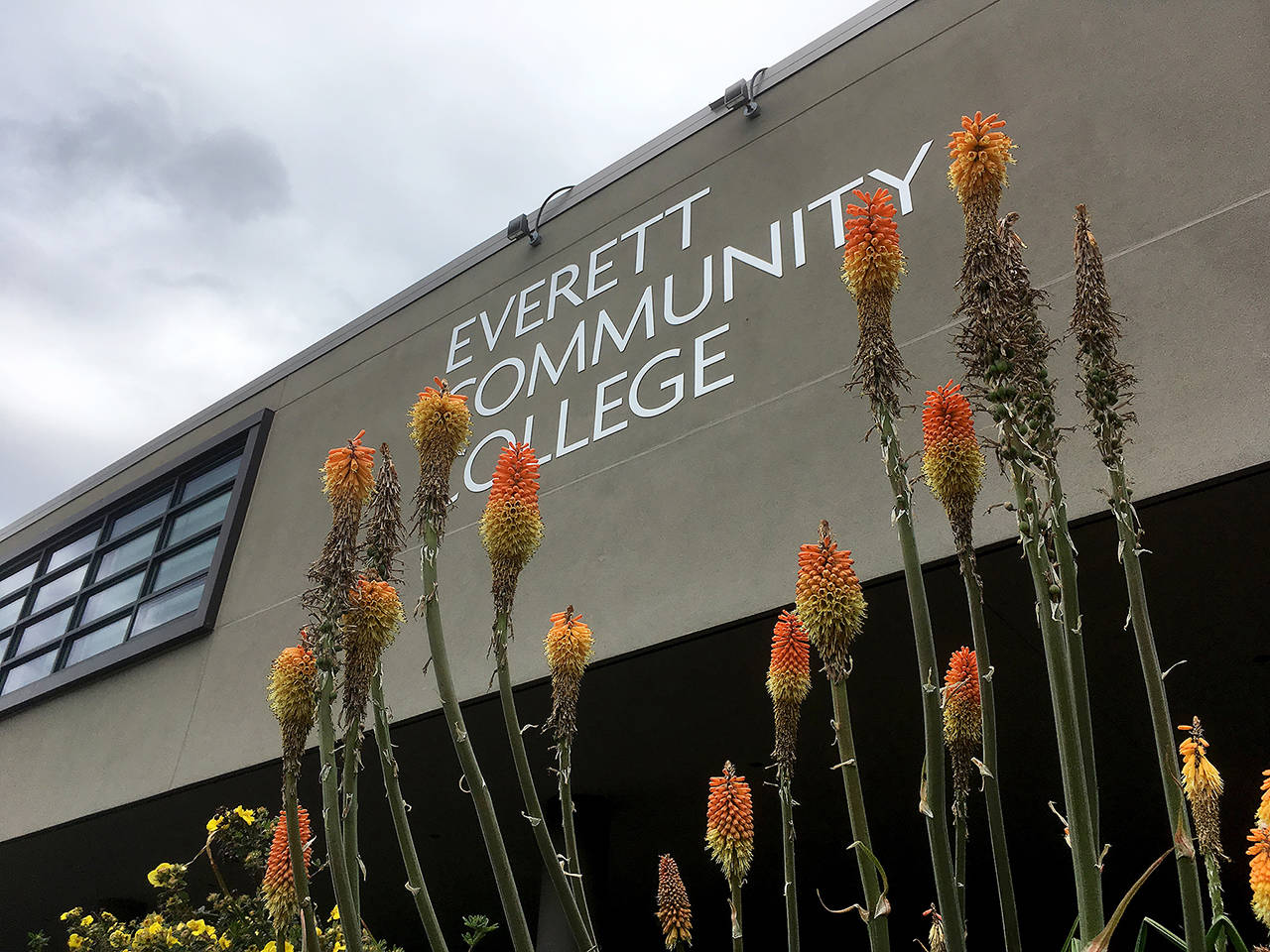By Collin Binkley / Associated Press
BOSTON — Facing eight federal lawsuits and opposition from hundreds of universities, the Trump administration on Tuesday rescinded a rule that would have required international students to transfer or leave the country if their schools held classes entirely online because of the coronavirus pandemic.
The proposed rule had stirred alarm on local college campuses.
The decision was announced at the start of a hearing in a federal lawsuit in Boston brought by Harvard University and the Massachusetts Institute of Technology. U.S. District Judge Allison Burroughs said federal immigration authorities agreed to pull the July 6 directive and “return to the status quo.”
A lawyer representing the Department of Homeland Security and U.S. Immigration and Customs Enforcement said only that the judge’s characterization was correct.
The announcement brings relief to thousands of foreign students who had been at risk of being deported from the country, along with hundreds of universities that were scrambling to reassess their plans for the fall in light of the policy. With the policy rescinded, ICE will revert to a directive from March that suspended typical limits around online education for foreign students.
ICE did not immediately comment on the decision.
The president of MIT said the school was pleased by the turn of events but stands ready “to protect our students from any further arbitrary policies.”
“These students make us stronger, and we hurt ourselves when we alienate them,” President L. Rafael Reif said in a statement. “This case also made abundantly clear that real lives are at stake in these matters, with the potential for real harm. We need to approach policy making, especially now, with more humanity, more decency — not less.”
Under the policy, international students in the U.S. would have been forbidden from taking all their courses online this fall. New visas would not have been issued to students at schools planning to provide all classes online, which includes Harvard. Students already in the U.S. would have faced deportation if they didn’t transfer schools or leave the country voluntarily.
Immigration officials issued the policy last week, reversing the earlier guidance from March 13 telling colleges that limits around online education would be suspended during the pandemic. University leaders believed the rule was part of President Donald Trump’s effort to pressure the nation’s schools and colleges to reopen this fall even as new virus cases rise.
The policy drew sharp backlash from higher education institutions, with more than 200 signing court briefs supporting the challenge by Harvard and MIT. Colleges said the policy would put students’ safety at risk and hurt schools financially. Many schools rely on tuition from international students, and some stood to lose millions of dollars in revenue if the rule had taken hold.
Harvard and MIT were the first to contest the policy, but at least seven other federal suits had been filed by universities and states opposing the rule.
The unexpected decision was welcome news to students across the country who had been on edge.
“I feel relief,” said Andrea Calderon, a 29-year-old biology graduate student from Ecuador. “It would have been a very big problem if I had to leave the country right now.”
The City College of New York student said returning home would have made it much harder to finish her thesis and pursue a Ph.D. Internet access at home in Ecuador is spotty, and going through the process to come back to the U.S. in the future would be too expensive, she said.
Rahul Lobo, 19, from Goa on the west coast of India, said he feels “an immeasurable amount of relief.”
“As it is, we’re living in very uncertain times, and the recent ICE policy just made things even more uncertain,” said Lobo, a rising junior at the University of Notre Dame. “Suddenly I wasn’t worrying about whether I could get back to campus, but more whether I would even be able to finish my degree in four years.”
The American Council on Education, which represents university presidents, praised ICE’s pullback of the rule. The group said the policy was misguided from the start and drew unprecedented opposition from colleges.
“There has never been a case where so many institutions sued the federal government,” said Terry Hartle, the group’s senior vice president. “In this case, the government didn’t even try to defend its policymaking.”
Some opponents, however, were hesitant to call it a closed case. Massachusetts’ Democratic attorney general, who is leading a separate lawsuit against the policy, warned that the Trump administration may attempt again to impose limits on international students.
“This is why we sue. The rule was illegal and the Trump Administration knew they didn’t have a chance,” Maura Healey said on Twitter. “They may try this again. We will be ready.”
Harvard and MIT argued that immigration officials violated procedural rules by issuing the guidance without justification and without allowing the public to respond. They also argued that the policy contradicted ICE’s March 13 directive telling schools that existing limits on online education would be suspended “for the duration of the emergency.”
The suit noted that Trump’s national emergency declaration has not been rescinded and that virus cases are spiking in some regions.
Immigration officials, however, argued that they told colleges all along that any guidance prompted by the pandemic was subject to change. They said the rule was consistent with existing law barring international students from taking classes entirely online. Federal officials said they were providing leniency by allowing students to keep their visas even if they study online from abroad.
Talk to us
> Give us your news tips.
> Send us a letter to the editor.
> More Herald contact information.

























